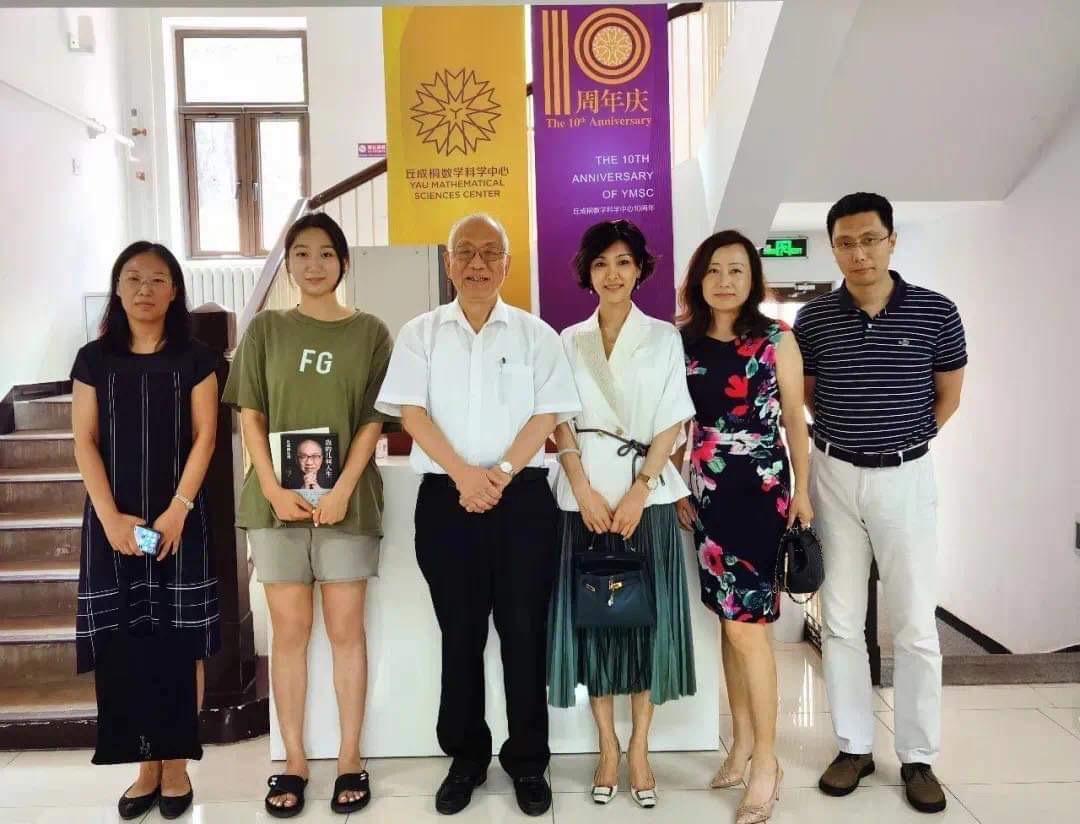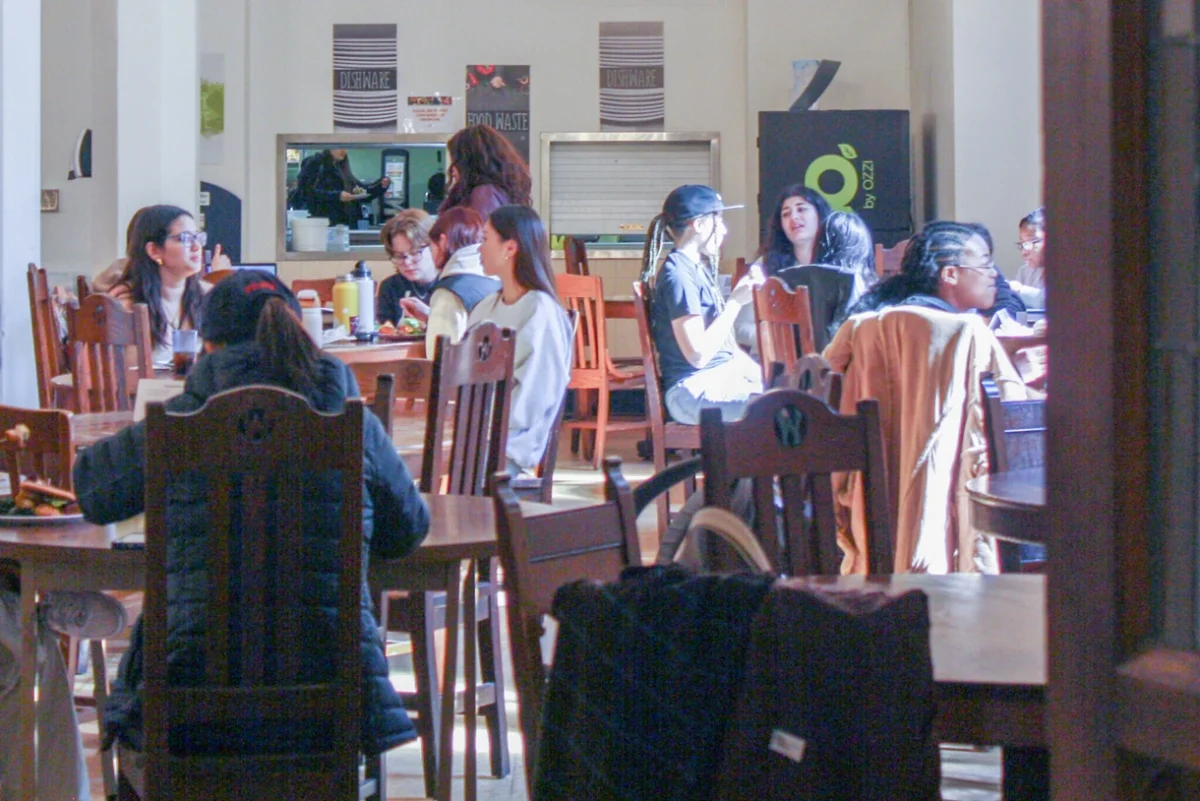The Qiuzhen College of Tsinghua University, one of the two premier universities in China, announced in 2019 that they would accept around 100 high school students aged 14-18 every year in an effort to prepare the next generation of budding mathematicians. When Luna Lyu ’22 first heard about the gender ratio in the first accepted class, however, she was appalled.
In 2020, from a pool of around 3,000 of the brightest math students in the country who had passed a preliminary test, the college accepted 80. Only one was female.
“I’m studying graduate level math right now, and all the theorems I’ve seen so far are named after men,” Lyu said. “I’m currently applying for math PhD programs in the US, and on the MIT admission webpage, it encouraged female applicants to apply. So I realized that there must be a push for women in math in the US. But I was born in China, and I know there’s no kind of policy like this back home.”
As a result of the low numbers of female representation in math academia, Lyu founded She in Math (SIM) in 2020. Initially envisioned as a scholarship foundation in partnership with China’s Fudan University for female math students who intended to pursue math academia as a career, Lyu decided to focus her organization’s sights on Tsinghua instead after taking notice of Qiuzhen College’s unique status. The college is the only way for students to enter Tsinghua without taking the gaokao, or the National College Entrance Examination (NCEE), China’s notoriously difficult standardized college entrance exam. Studies conducted on student performance have suggested that female test takers often suffer from underperformance on the exam due to the high-pressure setting.
Lyu was able to speak with the Secretary General of the Tsinghua Educational Foundation, Wei Yuan, who introduced her to Shing-Tung Yau, the founder of the Qiuzhen College program and the William Caspar Graustein Professor of Mathematics at Harvard University. When Professor Yau heard Lyu’s concerns, he agreed that something had to be done. Eventually, Yao and Lyu decided that ten spots in Qiuzhen would be reserved for female students. The students who received these spots, moreover, would be chosen through a female-only math competition sponsored by SIM.
With the assistance of Tsinghua University, they brought this idea to the Ministry of Education. After intensive discussions with the Ministry of Education, it was finally approved.
Lyu views this as a great step forward for the status of female mathematicians.
“Professor Stanley Chang, my math advisor, and my other math teachers since high school, I can feel that they put very high expectations on me,” Lyu said. “Professor Chang has always asked me to pursue pure math. He’s encouraged me to follow in his footsteps and become a female mathematician, especially since there’s so few women in this field. I do think there needs to be a Newton-level female figure who can revolutionize the situation [for women in math]. To be honest, I don’t know if I can become her or not. Even though I probably can’t be that figure, there will definitely be girls who can … I’ll find closure if I can influence someone to help meet this expectation.”
Though feedback to the competition has been largely positive, the news has not been without its controversies. Some accuse the push for diversity as “hindering” the gender equality movement, and others have gone as far as to say that the need for such a competition is confirming women’s inferiority in math to men.
“I feel these commenters don’t realize how stereotypes influence girls’ attitudes towards their future path, and the unbalanced structure in genders in the math field right now,” Lyu said. “Society gives boys more freedom, so they can afford to invest their whole lives in academia but get nothing back. Whereas girls are advised to think about their future, even when there are some who are willing to bet their entire lives. As a result, a lot of girls think too much about [the payback of studying in academia] and they turn to other fields instead.”
For now, Lyu and SIM are looking forward to expanding their impact on a larger scope.
“I hope that in the future, there will be more theorems named for female mathematicians in the textbooks,” Lyu said.





